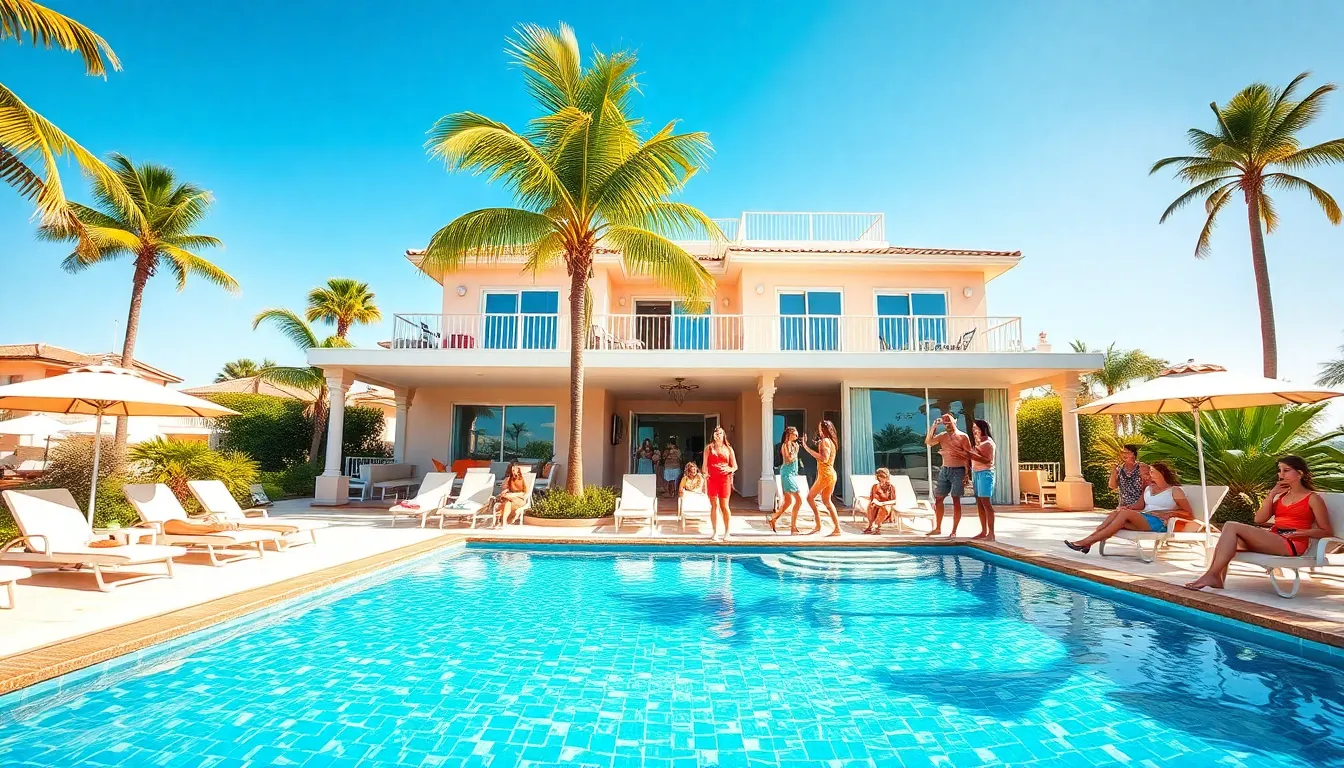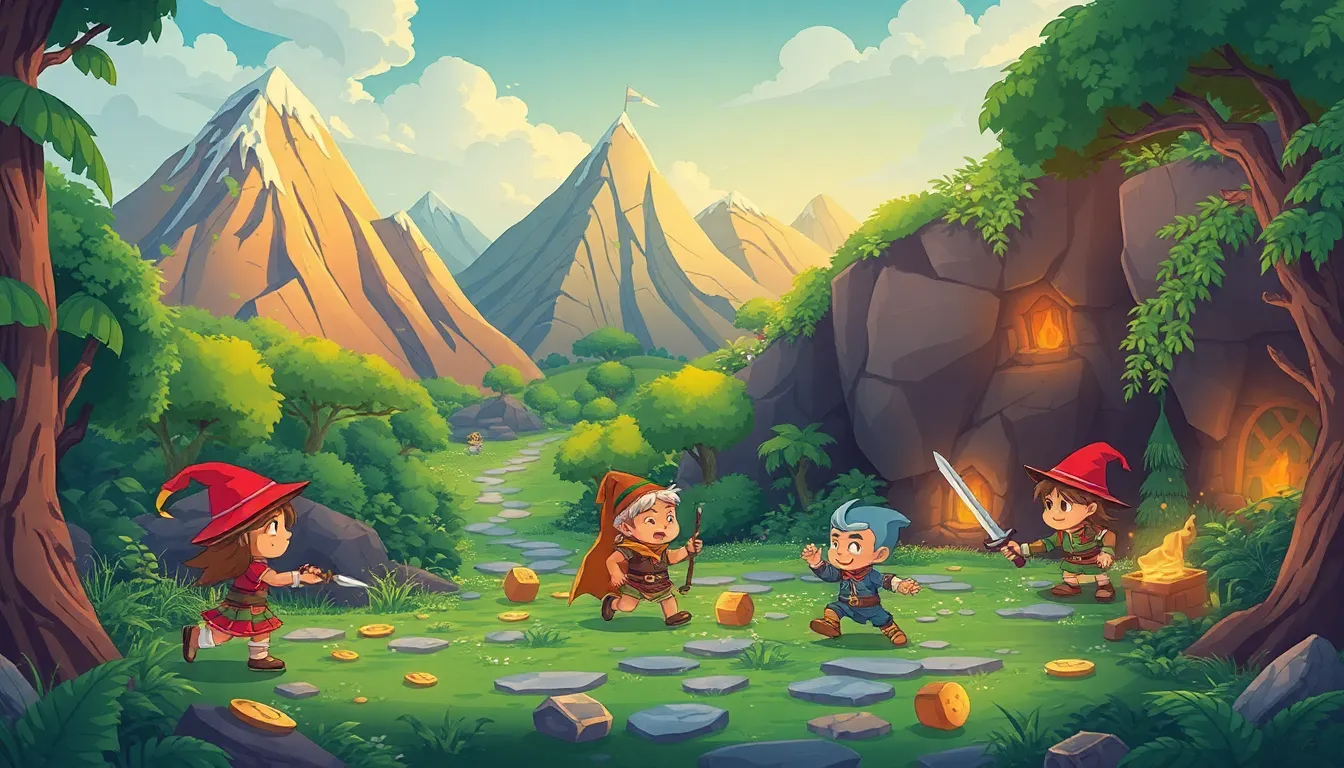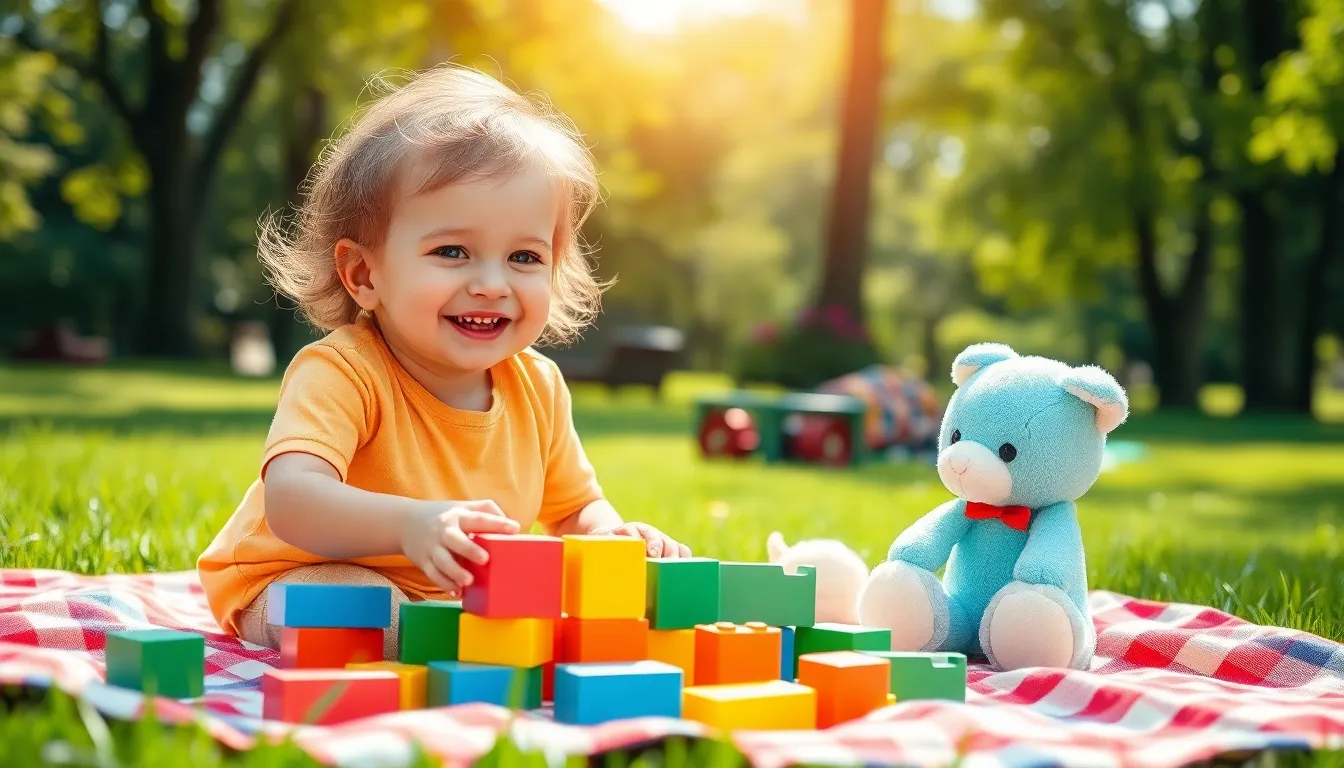Love Island has captured the hearts of viewers worldwide, but one question lingers: is it really happening in real time? Fans tune in weekly to witness the drama, romance, and unexpected twists, but understanding the show’s timeline can be tricky.
Many are curious about how the producers manage the filming schedule and whether the events unfold as they watch. With social media buzzing with updates and spoilers, the line between reality and production blurs. This article dives into the intricacies of Love Island’s filming process, shedding light on how real-time elements blend with the show’s scripted nature.
Join the exploration to uncover the truth behind the scenes of this beloved reality series.
Table of Contents
ToggleOverview of Love Island
Love Island is a reality television series that focuses on singles living together in a villa as they seek romantic connections. Contestants participate in various challenges and activities designed to test their compatibility and relationships. The format encourages interactions that lead to both drama and romance, often captivating audiences.
Filming occurs in various locations, with a typical season set primarily in a sunny villa in countries like Spain or the UK. The show’s structure includes daily recouplings, eliminations, and challenges, fostering an environment where contestants form alliances and rivalries. Audience engagement amplifies as social media provides real-time updates, leading to speculation about the authenticity of events.
In terms of production, Love Island employs a mix of real-time and delayed elements. While contestants’ experiences unfold in real-time for them, editing and scheduling can create an illusion of immediacy for viewers. This manipulation allows producers to enhance storylines and control pacing. As a result, fans often grapple with deciphering what is scripted versus what is genuinely spontaneous.
The impact of Love Island extends beyond entertainment; it influences popular culture, fashion trends, and discussions surrounding relationships. With millions of viewers tuning in, the show’s societal implications and audience interaction keep it relevant in contemporary media.
The Concept of Real-Time Reality TV

Real-time reality TV blends actual events with production techniques to create an engaging viewer experience. This approach raises questions about authenticity, particularly in shows like Love Island.
Definition of Real-Time
Real-time refers to events occurring as they happen, without significant delays. In the context of reality TV, this means capturing interactions and situations immediately, allowing viewers to perceive events as current. However, Love Island employs a mix of real-time filming and edited content to shape narratives. Background events may be recorded over several days, even while viewers perceive them as unfolding in the moment.
Comparison with Other Reality Shows
Comparison of Love Island to other reality shows highlights its unique approach. Many shows, such as Big Brother or The Bachelor, create formats heavily reliant on real-time elements. Love Island, however, includes scripted scenarios and predetermined outcomes that can affect viewer perceptions. While some reality shows feature live feeds with minimal editing, Love Island utilizes a production-driven style, blending real-time elements with strategic storytelling, keeping audiences engaged and intrigued.
Production Process of Love Island
The production process of Love Island involves careful planning and execution, ensuring a seamless blend of real-time and edited content. This structured approach helps maintain viewer engagement and shapes the show’s narrative.
Filming Schedule
Filming typically occurs over eight weeks, capturing romantic interactions, challenges, and eliminations. Cast members reside in the villa for the duration, with filming occurring daily. Each episode comprises footage from the previous 24 hours, giving the impression of real-time events. Frequent recouplings and eliminations further add urgency, as contestants navigate their relationships within a limited timeframe.
Editing and Post-Production
Editing plays a crucial role in presenting Love Island’s narrative. Editors sift through hours of footage to create compelling storylines, emphasizing key emotions and drama. Post-production can take up to a week, allowing time for sound, graphics, and effects. Producers may include edited highlights that enhance viewer understanding while ensuring the show maintains a dynamic pace. This combination of timely content and strategic editing keeps audiences invested in the ongoing developments of contestants’ relationships.
Viewer Experience and Perception
Viewer experience on Love Island intertwines real-time elements and edited content, shaping perceptions of the show.
Audience Engagement
Audience engagement remains a central aspect of Love Island’s appeal. Viewers actively participate through social media platforms, sharing opinions, commenting on episodes, and voting for contestants. Fan interactions often influence the narrative, as producers monitor viewer responses and adjust storylines accordingly. Polls and voting mechanisms allow audiences to impact contestant dynamics, reinforcing their investment in the unfolding drama. This level of interactivity fosters a community around the show, heightening viewer engagement and enhancing the overall experience.
The Illusion of Real-Time
The illusion of real-time creates a captivating viewing experience. Filming captures contestants’ activities over a 24-hour period, but editing reorganizes footage to maintain dramatic pacing. Producers strategically select moments that highlight emotional highs and lows, enhancing perceptions of immediacy. This approach often leads viewers to believe they’re witnessing events as they transpire, despite the controlled nature of production. The blended technique heightens suspense and emotional connections, keeping audiences captivated throughout the series.
Cultural Impact and Discussion
Love Island significantly influences contemporary culture, shaping discussions on relationships and social dynamics. The show’s connections to fashion trends are evident, as contestants often become style icons. Influencers frequently reference the show in fashion campaigns, highlighting its widespread appeal and impact on consumer behavior.
The cultural relevance of Love Island extends to social media, where viewers share opinions and discuss contestants and episodes. Platforms like Twitter and Instagram serve as hubs for interaction, amplifying viewer engagement. This active participation fosters a sense of community among fans, effectively influencing the narrative direction of the show. Producers monitor online conversations, adjusting storylines based on audience reactions.
Debates surrounding relationship ideals also emerge from the show’s portrayal of romance. Love Island often presents exaggerated versions of love, leading to discussions about authenticity and expectations in modern relationships. Critics question the show’s impact on societal views regarding love, dating, and emotional connections, urging viewers to critically evaluate the representation of these themes.
Educational institutions have even integrated discussions about reality TV and its effects into media studies programs. Scholars analyze the show’s contributions to cultural norms and values, focusing on its role in shaping public perceptions of reality, love, and personal relationships.
The phenomenon of Love Island prompts ongoing discussions in various contexts, including gender roles, representation, and the impact of social media. The show’s blend of scripted interaction and real-time filming invites viewers to navigate complex narratives, reinforcing the show’s status as a cultural touchstone of the modern era.
Love Island continues to captivate audiences with its unique blend of real-time and edited content. This production approach not only enhances viewer engagement but also shapes perceptions about romance and relationships. As contestants navigate challenges and emotional connections, the show’s impact extends beyond entertainment, influencing cultural conversations and trends.
The interplay of real-time elements and strategic storytelling keeps fans invested and encourages community interaction. By understanding the nuances of Love Island’s filming process, viewers can appreciate the artistry behind the drama and romance. Ultimately, this reality show remains a significant cultural phenomenon, sparking discussions that resonate well beyond the villa’s walls.




